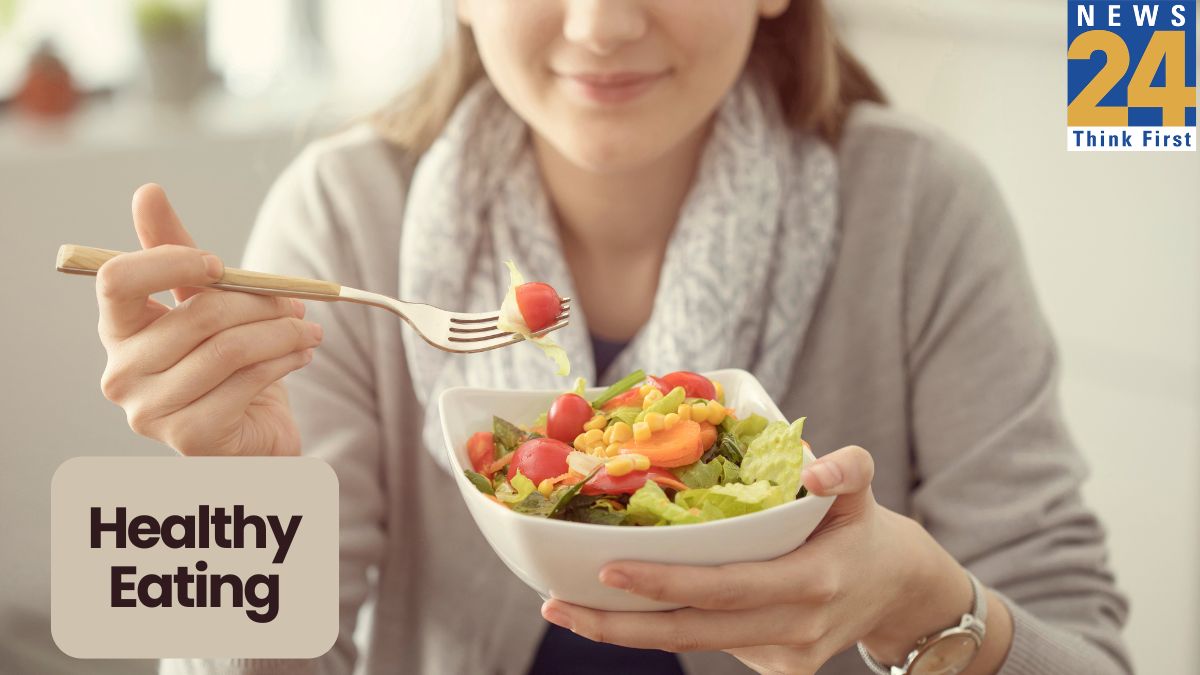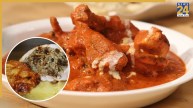Modern nutrition and a traditional Indian diet make for a perfect amalgamation of a healthy eating habit. It is a powerhouse of nutrition loaded food that comes with tasty Indian cuisine which is loved the world over. Are you ready for a mix of timeless wisdom with modern science on your plate?
Traditional Indian Diet
Indian cuisine, as is known to one and all, is a perfect blend of tradition with flavours infused from numerous spices available in the country. However, what most of the world does not know is while Indian cuisine is considered to be rich and spicy, it has taken into consideration all the nutritional requirements of the human body.
Traditional Indian diet comprises:
- whole grains
- proteins in legumes and pulses
- dairy products for calcium and better immunity
- fruits & vegetables for vitamins & minerals
- spices and herbs to battle numerous diseases
- healthy fats (cooking medium) required for digestion
- a sweet dish and fermented foods which also aids digestion
Modern Nutrition
Modern diet consists of:
- carbohydrates
- fats
- proteins
- vitamins
- fibres
- Water
It is a completely balanced diet that helps the body in acquiring a complete nutrition which helps with its proper functioning. It should ideally contain multivitamins, probiotics, Omega-3 and proteins. It helps to achieve the right health that is required and it is even more needed considering the stress and pressures of life today.
Recipes That Benefit From Both Worlds
Since the young generation of today is disconnected from their roots, it is difficult for them to go back totally to their traditions again. However, with clever and wise selections of food, there can be achieved a balance between both.
Breakfast
A good breakfast that is balanced to keep intact the values and incorporate a contemporary taste could be eating scrambled egg garnished with cheese on top paired with whole grains prepared in the traditional way. The whole grain could be anything of one’s choice. The cheese and eggs supplement proteins along with calcium. Blackpepper can be sprayed as per requirement. So basically for this dish, one coil;d crack open as many eggs as is required and tossed with salt and pepper which aids digestion. It can be washed down with a glass of buttermilk or a glass of lassi or a shake prepared from powdered roasted gram flour shake. This shake is made by adding the required quantity of gram flour dissolved in water with salt or sugar with a dash of lemon. That is a powerhouse of energy.
Mid-Morning Snacks
Mid-morning a person could eat a bowl of fruits or some healthy shake. The shakes can be prepared from various fruits and vegetables combined in one glass.
Lunch
Lunch could be a traditional diet in a modern way which could be quinoa khichdi. Alternatively, for lunch, rice, a bowl of veggies, fish or lean meat (for non-vegetarians) and a bowl of yoghurt. However, a dash of taste could be added by preparing all these ingredients in a different way. A simple one-pot chicken rice could be prepared with the mat and veggies combined together with some spices. The yoghurt could be flavoured or some fruits of choice could be added.
Evening Snacks
This meal could always start with a handful of nuts or dried fruits. Snacks could be prepared in any way with millets or multigrains. Say for instance, cottage cheese could be combined with some veggies all chopped up and mixed with multigrains in powdered form or millets and shallow fried with some butter or ghee. Turmeric lattes could also be consumed. Evening snacks could also be a salad tossed with cottage cheese. Tandoori tofu is another good recipe to go with.
Dinner
A dinner recipe could include chicken stir fried in the wok tossed with a generous amount of veggies which make for a healthy dinner. Again the innovative quinoa khichdi could also be consumed. It is light on the stomach and tasty too. Another kichdi could be made from sabudana or tapioca pearls. It could be tossed with different vegetables that bring some colour to this otherwise white dish. This helps in creating a sustainable and healthy approach to living.
Conclusion
Once the perfect balance between both forms of nutrition is achieved, it gives an all-encompassing approach to healthy living. Recognition of good foods in both worlds is the most important aspect here. This then leads to the cultivation of a sustainable diet that honours Indian tradition while looking at health and well-being all at once.













